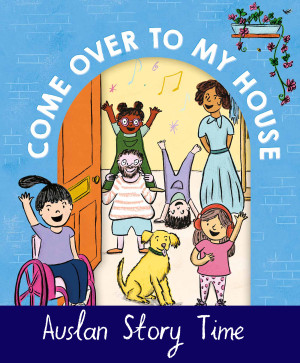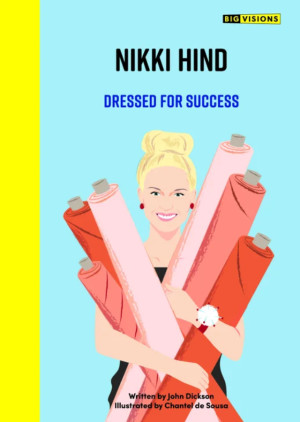

Why we create them and why we share them
In this lesson, you’ll explore reading and storytelling – why do we do it? Why are stories important and why do we write them, sing them, draw them and tell them? Learn about yourself as a reader, and discover some new books you might like to read too!
Video Chapters:
00:00 Introduction
00:23 Meet the creators
01:02 Why do we tell stories?
03:23 Stories aren’t just written! Finding other kinds of stories.
04:38 Way to find a story that’s right for you
05:53 Final words of advice
06:52 Here's what we've learned
 Learning Intentions
Learning Intentions
1. Learning about the concept of mirrors and windows, and how this applies to stories.
2. Exploring the library, and learning how to be more purposeful when choosing books to read.
SUCCESS CRITERIA:
1. Identified the concept of ‘mirrors’ and ‘windows’ in stories, and explain what these ideas mean.
2. Used the library, and know how to search for books.
 Discussion Questions
Discussion Questions
- Do you have a favourite story?
- What do you love about it? Why is it your favourite?
- Think about the characters in that story. What are they like? Are they similar to you, or very different?
- Have you ever read (or watched) a story that made you feel sad for a character when something bad happened to them? What about a story that made you feel happy when something good happened? Why do you think you feel this way about fictional
characters? - Why do YOU think stories are important?
- Karys talks about three reasons why she thinks stories are important. Do you think that stories can help us 'understand other people better, feel less alone, or help us escape'?
- Ben mentions that he thinks stories are important because they help us to imagine people and places outside of what we know. Have you ever discovered something new by reading a story?
- Ben and Karys talk about the books that they loved when they were young, and how they influenced the books they love now. How did Ben’s love of computer games inspire the kinds of stories he reads?
- Ben and Karys both mention other kinds of stories that aren’t found in books. Do you remember some of these other kinds? (NB – audiobooks, podcasts, games, comics, graphic novels, webcomics, fan-fiction, zines, plays.)
- Ben and Karys talk about ways to find the right stories for you. Think about the things you love. In what kinds of stories might you find things like that?
 Curriculum Links
Curriculum Links
Australian Curriculum V9.0 Links
ENGLISH Y3-4
Literature:
● Literature and contexts: AC9E3LE01, AC9E4LE01
● Engaging with and responding to literature: AC9E3LE02, AC9E4LE02
● Examining literature: AC9E3LE03, AC9E4LE03
Literacy:
● Texts in context: AC9E3LY01, AC9E4LY01
● Analysing, interpreting and evaluating: AC9E3LY05, AC9E4LY05
GENERAL CAPABILITIES
LITERACY
Reading and viewing:
● Understanding texts: Comprehension: Level 5-6
PERSONAL AND SOCIAL CAPABILITY
Self-awareness
● Personal awareness: Level 3








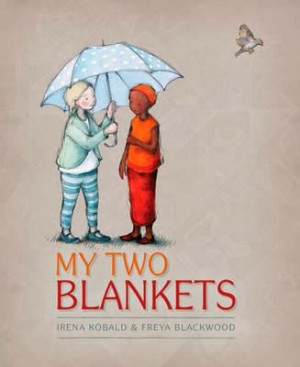
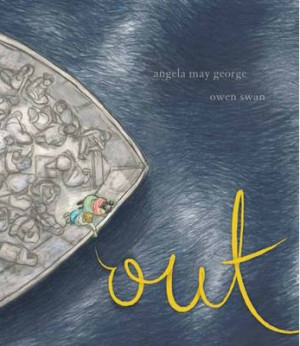
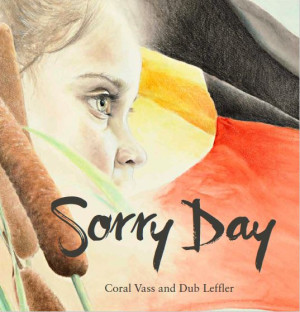
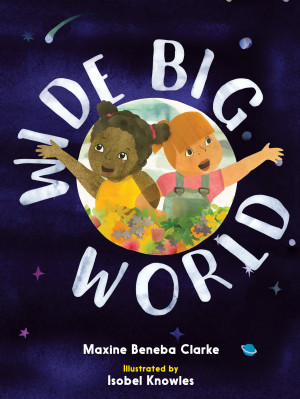
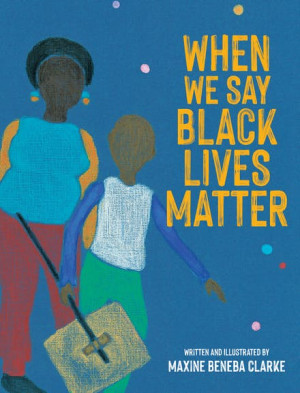
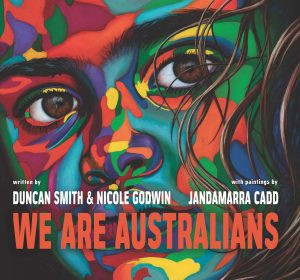
-thumb.jpg)
